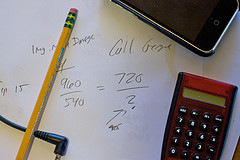In the heat of house-hunting, it can be easy to keep all the numbers in your head. You debate back and forth over which properties to target and for how much and under what conditions. But as the Trulia blog notes, if you mostly just do this mental math without putting it down on paper it can be easy to talk yourself into less-advantageous deals when the numbers in your head collide with the emotions in your heart. [More]
behavioral economics

New Gym Business Model: Work Out More, Pay Less
At traditional gyms, you pay the same dues whether you visit the facility twice a day or twice a year. This makes a lot of sense for gyms, but doesn’t give you a financial incentive to actually go. But what if you had one? [More]
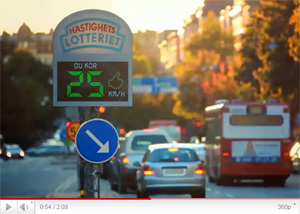
Traffic Camera Enters Drivers Who Obey Speed Limit Into Lottery
The winning entry in “The Fun Theory” contest is a traffic camera that instead of just ticketing speeders, it also enters people who drive the speed limit into a lottery. Randomly selected winners get paid out of a portion of the tickets paid by the scofflaws. [More]
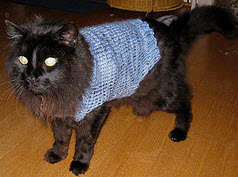
Hands Off: If You Touch It, You're More Likely To Buy It
Yahoo! has a piece from Women’s Day that lists 12 tricks that stores play on us in order to get us to spend more. One of them, putting nice fuzzy sweaters on tables, is a trick to get you to touch them. Once you touch them, you’re hooked! [More]

Beware: Credit Card Minimum Payments Are Messing With Your Mind
Credit Card minimum payments are supposed to help keep the accumulation of interest on credit card debt from getting out of control — but a new study reported in the Economist suggests that minimum payments do more harm than good.
Decoy Pricing Explained With Sex
If you found our oddly popular post on decoy pricing too brainy, commenter SuffolkHouse offered an excellent concrete example that should drive the point home:
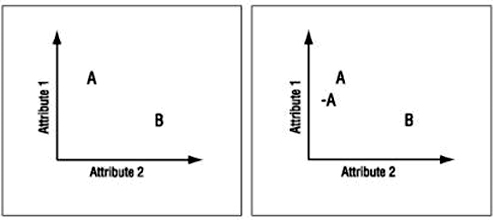
How Sellers Manipulate You With Decoy Pricing
Sometimes numbers lie. Assuming you have no innate preference towards either of the two colors, it might be hard to choose between a red Civic and a blue Civic. If instead you have a choice between a red Civic, a blue Civic, and a red Civic without air conditioning, the choice becomes much easier. Dan Ariely in his book Predictably Irrational says his research shows that most people would choose the red Civic with air conditioning over both the other cars. Details inside.
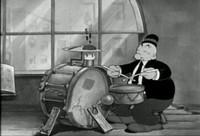
Behavioral Economics: The Science of Bad Buys
Yesterday, we asked the question whether or not the bad choices of the consumer aggregate proved that there was no free will, or just proved that pretty much everyone’s stupider than us. And, in that vein, Harvard Magazine as an interesting overview on behavioral economics and the theories on why people make logically moronic consumer choices.


